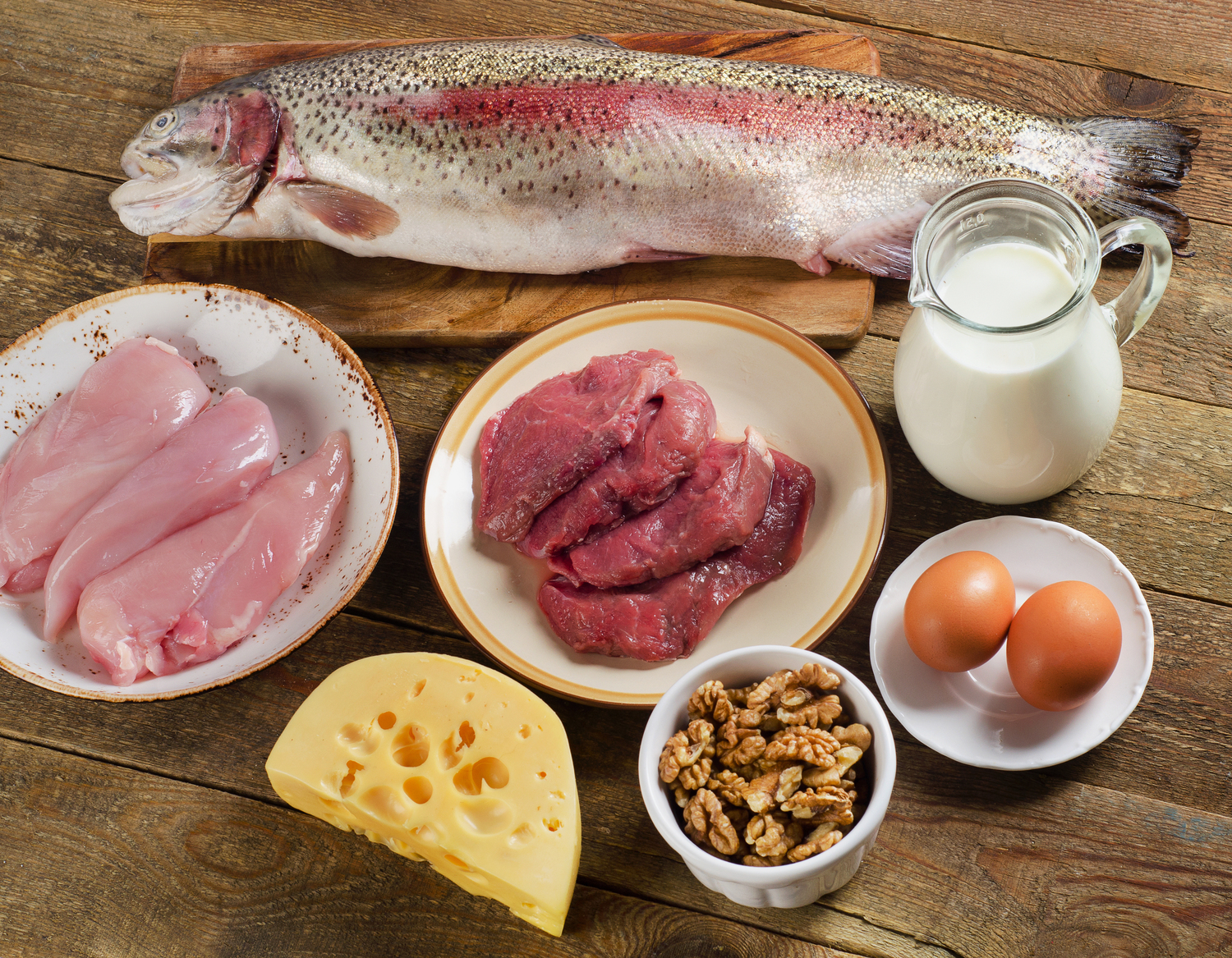
A Healthy Diet for COPD Patients
A COPD diet or nutritional guidelines for individuals having COPD are provided to handle and manage the condition, thereby enabling the individual to lead a normal lifestyle. Dietary changes may not cure COPD, but meal planning and balancing the same are essential to keeping it under control. An individual can chalk up a diet with the help of a registered dietician to help them with the same.
1. Why should you follow a COPD diet?
Good nutrition is required for fuel for the body to be able to carry out all its functions easily and comfortably, including breathing. Energy sources for the body are food and oxygen. Carbohydrates, proteins, and fats are nutrients that are present in the food and get converted into CO2 and energy.
Individuals affected by COPD need a lot more energy as compared to other individuals to carry out the function of breathing. The muscles employed in the activity require 10 times the calories for people with this condition. A proper diet ensures that these nutrition requirements are met. COPD- people affected by chronic obstructive pulmonary disease need a lot more energy for breathing than normal individuals. Muscles employed in breathing will need 10 more times the calories for people with COPD.
A COPD diet aids in meeting one’s nutrition requirements, thus allowing one to deal with the condition more efficiently.
2. What will a COPD diet include?
One should opt for low-carbohydrate foods as these generate lower carbon dioxide and will help with better health management in people with COPD. A ketogenic diet is such a diet. It is rich in protein and made up of food items such as the following.
- Grass-fed meat
- Pastured poultry
- Eggs
- Fish- mackerel, salmon, and sardines.
One must also include complex carbohydrates in their diet which are rich in fiber and aid in good management of blood sugar and digestive system. It includes foods like the following.
- Peas
- Oats
- Potatoes with skin
- Bran
- Quinoa
- Barley
- Lentils
- Beans
Fresh fruits and vegetables have essential fibers, vitamins, and minerals which maintain the body in good health. Non-starchy veggies that are lower in carbohydrate-content can be included. One must also take care to have potassium-rich foods which are crucial for proper lung functioning. These include:
- Avocados
- Tomatoes
- Dark leafy greens
- Asparagus
- Potatoes
- Beets
- Bananas
- Oranges
One must opt for a fat-rich diet that includes nuts, avocados, seeds, coconut oil, coconut, olive oil, olive, cheese and fatty fish. These offer long term and overall nutrition. Aside from this, certain foods have no nutritional value and must be avoided in excessive amounts. These food items are:
- The sodium from excessive salt consumption results in water retention, impacting one’s breathing capability. Use low sodium substitutes instead.
- Certain fruits like peaches, apricots, melons, and apples result in gas and bloating due to their fermentable carbohydrates. This may lead to breathing problems.
- Certain veggies and legumes brussels sprouts, beans, cabbage, corn, cauliflower, leeks, onions, peas, lentils, soybeans
- Stay away from dairy products like cheese and milk as make the phlegm thicker.
- It is advisable to limit the intake of chocolate as it may interfere with the medications.
- Fried foods are also not ideal for COPD diets as they result in indigestion and gas, thereby impacting one’s breathing.
- It is wise to avoid caffeinated beverages. Hydrating with 6-8 glasses of water or non-caffeinated drinks to keep mucus thin and convenient to cough up is recommended. One must also limit their alcohol consumption as it slows down the rate of breathing.


